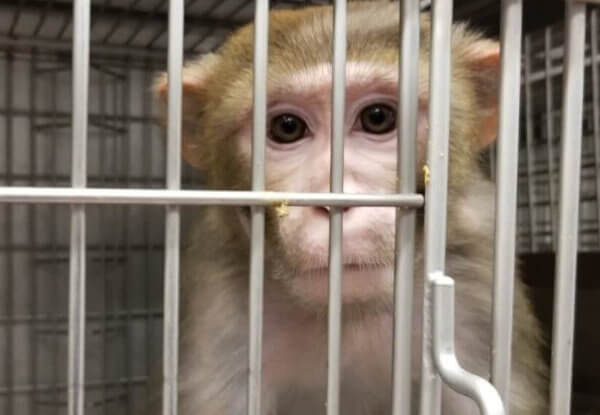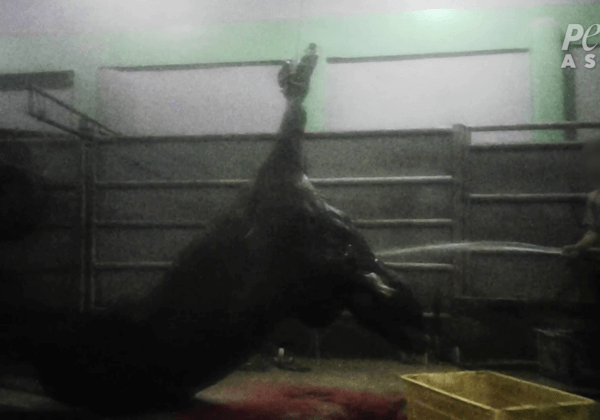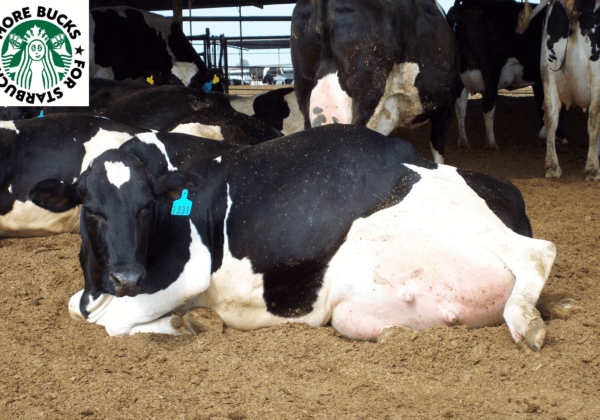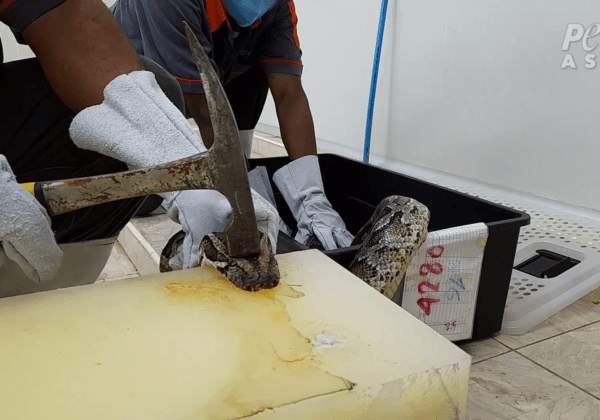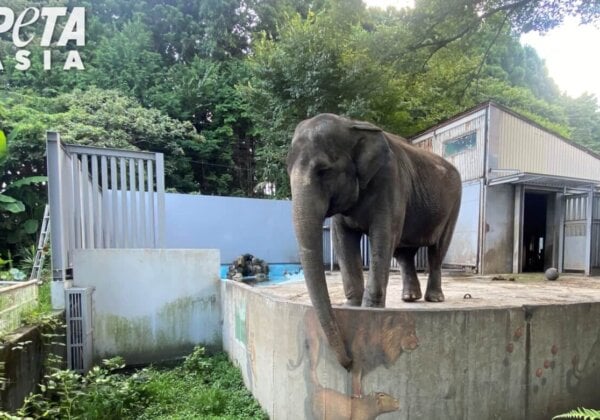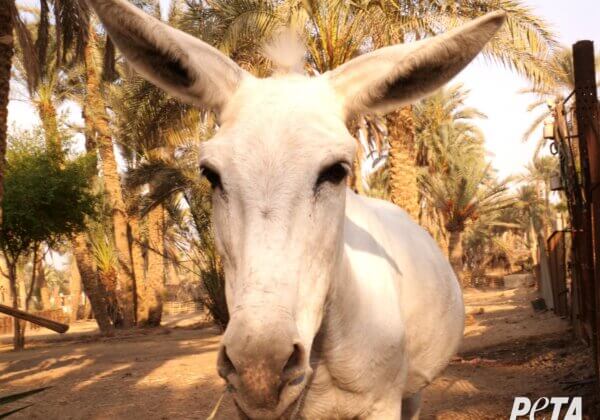Artificial Kidneys in Singapore Save Humans AND Animals
Earlier this year, a team of scientists in Singapore developed a software program to determine whether individual drugs are toxic to human kidneys—using technology that’s not just humane but also faster, cheaper, and more accurate than tests on animals.
GREAT! #Singapore: First animal-free screening platform developed for testing kidney toxicity of new drugs,cosmetics https://t.co/eZZyJwl3yg
— Mina*Bad Yoga Kitty* (@MinaANDMaya) October 24, 2015
The research team and other forward-thinking scientists are now sponsoring a session on non-animal test methods at an international conference in Singapore. The session will showcase models such as artificial kidneys that function like human ones and can be used to study the toxic effects of chemicals without using animals.

Toxicity tests on animals are cruel, slow, expensive, and not accurately predictive of outcomes in humans. Scientists are quick to point out that “animal testing … suffers from the problems of long turnaround time, low throughput, and sometimes poor prediction of human toxicity.”
Not only is the new software program humane, it’s also faster and more reliable, with an accuracy rate of up to 90 percent. It has already been used to test an array of chemical compounds, and it can also be used to test the toxicity of food products as well as cosmetics and personal-care products.
Progressive research methods like this help reduce animal testing, and that’s great news!



